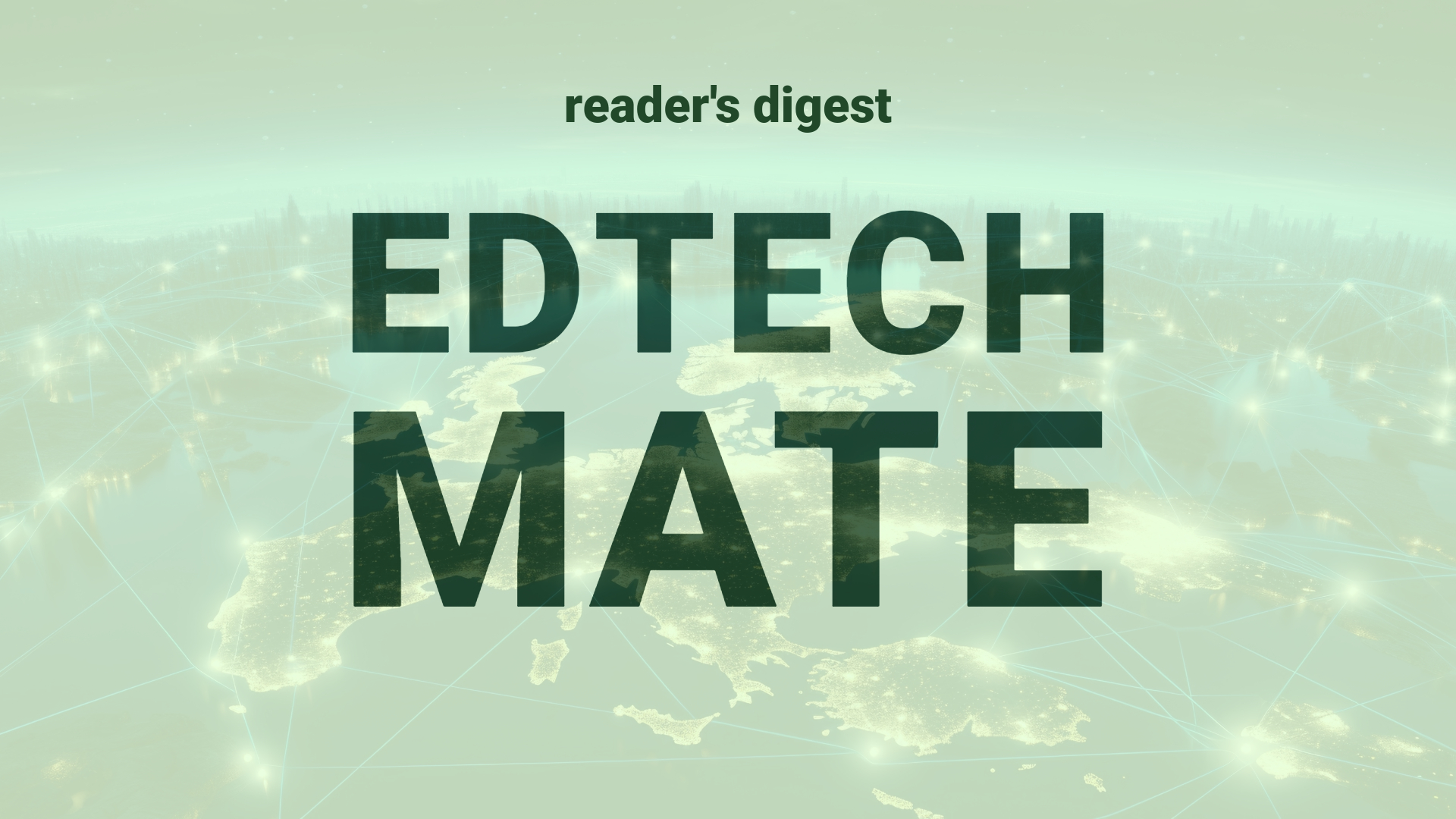Executive Summary and Main Points
In the realm of digital government and digital transformation, Barry Lowry, Ireland’s Chief Information Officer at the Department of Public Expenditure and Reform, has orchestrated a significant shift towards a more innovative, efficient, and transparent public sector. Over eight years, Lowry’s principal themes of collaboration, cultural change, and strategic implementation have guided the Irish government’s adoption of digital services. Crucial elements have included the Data Sharing Governance Act compliant with GDPR, MyGovID, and a digital COVID tracking and vaccination certificate, both highlighted globally. Challenges like EU-US regulatory conflicts over cloud services are acknowledged, alongside the strategic balance of quick technological wins with long-term strategy adherence.
Potential Impact in the Education Sector
Lowry’s approach and initiatives in digital government offer transferable methodologies for the Further and Higher Education sectors, enhancing student services through data integration and digital infrastructure. His strategies could facilitate strategic partnerships across educational institutions and with technology providers, fueling the rise of Micro-credentials. The push for transparency in government data sharing mirrors the necessity for trust in educational data management, fostering an environment where students can access services seamlessly. Greater digitalisation, backed by policy and collaborative frameworks, could accelerate the adoption of innovative learning and administrative platforms.
Potential Applicability in the Education Sector
Educational institutions can adopt similar models for AI and digital tools integration. For instance, a centralized yet flexible digital ID system analogous to MyGovID could streamline access to various campus services. A digital transformation influenced by agility, as Lowry emphasizes, could revolutionize student enrolment, course delivery, and credential verification. Additionally, the success of the Irish COVID app suggests that the education sector could leverage mobile technologies for health tracking and secure campus access during health crises.
Criticism and Potential Shortfalls
Though Lowry’s efforts depict progress, there are inherent challenges and criticisms. Privacy concerns, legislators’ hesitations, and resistance from public service factions mirror the potential ethical and cultural challenges within a global higher education context. Differing regional regulations on data protection, such as FERPA in the US and GDPR in the EU, may complicate the broad application of these practices. Furthermore, the reliance on large US cloud providers introduces vulnerability to external legislation, implying that international educators must carefully balance digital innovation with compliance and data sovereignty.
Actionable Recommendations
Global higher education leadership can draw specific recommendations from Lowry’s experiences. Firstly, invest in fostering a culture of digital fluency and collaboration across departments. Implement legislation and standards for ethical data sharing in tandem with digital credentialing initiatives. Embrace agile project management techniques for quick delivery of user-friendly educational technology services. Finally, international higher education must address and mitigate dependencies on potentially compromising external cloud infrastructures through strategic partnerships and robust contractual agreements
Source article: https://www.cio.com/article/2121469/skills-the-irish-government-cio-uses-to-advance-digital-transformation.html

